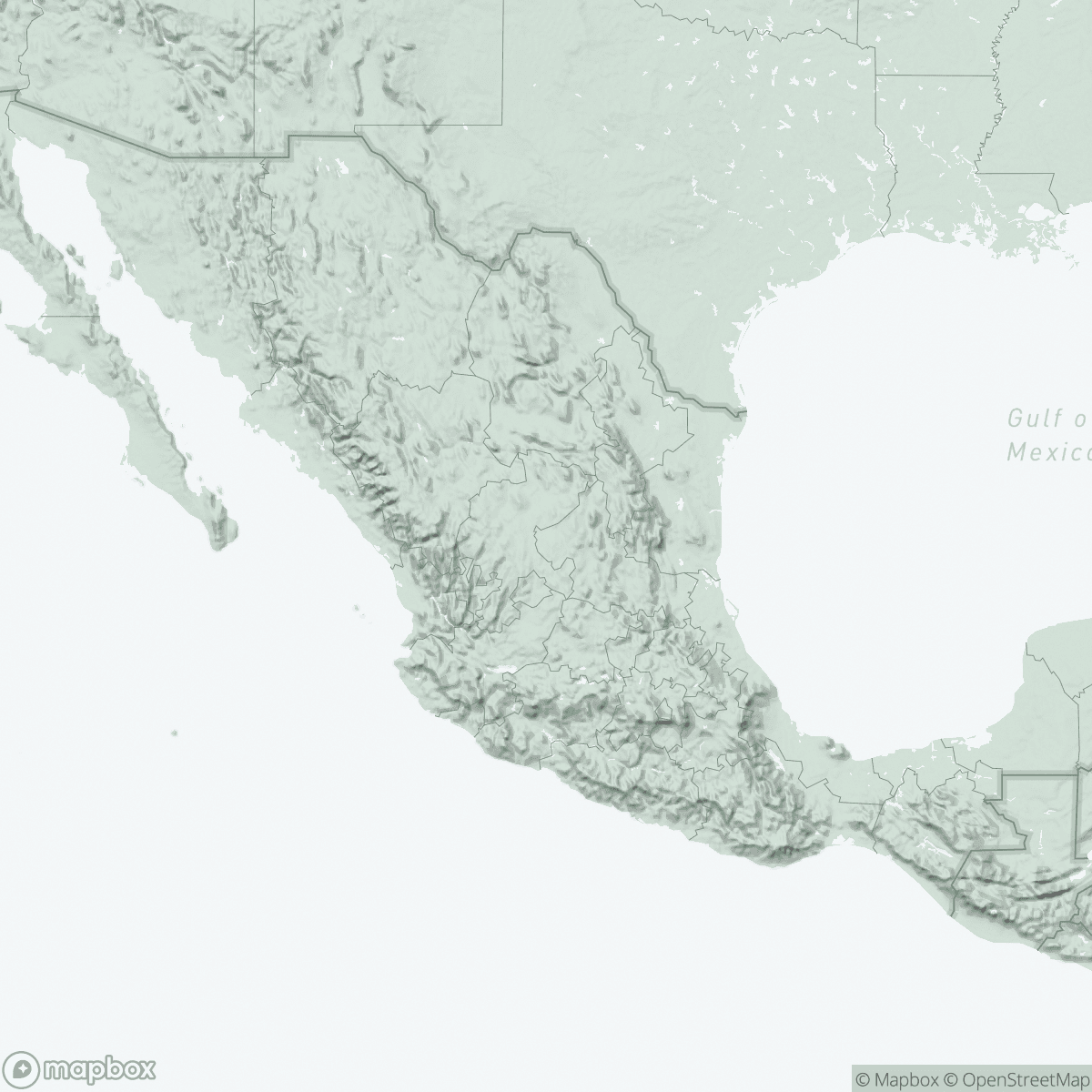
Mexico
In 2024, Mexico hosted significant numbers of asylum seekers and people on the move. Médecins Sans Frontières (MSF) provides medical care and mental health support through clinics across the country.
Our activities in 2024 —
outpatient consultations
individual mental health consultations
antenatal consultations
people treated for sexual violence
The requests for asylum in Mexico have increased exponentially over the past decade, reaching 86,000 in 2024.
However, asylum seekers were just a fraction of the total number of migrants travelling through Mexico, many of whom aimed to reach the United States (US). According to official statistics, between January and August 2024, there were 925,000 people on the move in the country.
In Tapachula and Coatzacoalcos, southern Mexico, we assisted new arrivals, as well as people stranded due to difficulties in obtaining transit permits. During the year, we adapted to changing migration routes, and responded temporarily in the towns of Suchiate and Juchitán.
Due to an increase in migrant caravans, particularly following the US election, we expanded our assistance through mobile clinics in late 2024.

In Mexico City, MSF teams provided medical care, mental health support, and physiotherapy to survivors of extreme violence, both Mexican citizens and migrants, in a dedicated clinic.
In addition, we scaled up our mobile clinic activities in informal camps. At the northern border, after seven years of activities, we closed our project at Piedras Negras in September. We continued to work in Reynosa and Matamoros, offering basic healthcare and mental health support to migrants living in dedicated shelters while waiting to cross the border to apply for asylum in the US.
Our teams report that the migrants they treat – especially women and children, who are arriving in increasing numbers – often have limited access to basic services, and spend long periods in unsanitary, hostile environments. These conditions worsen medical issues such as respiratory infections, skin diseases, post-traumatic stress disorder, and other mental health problems linked to exposure to extreme violence.

